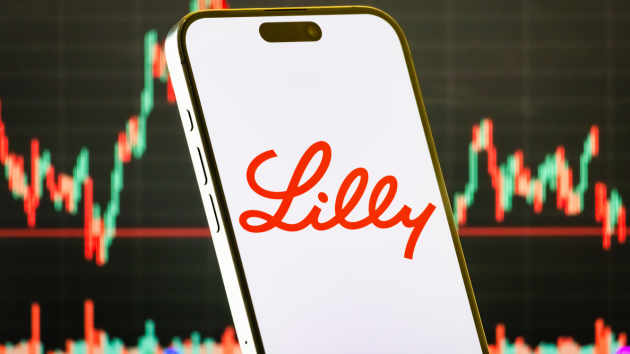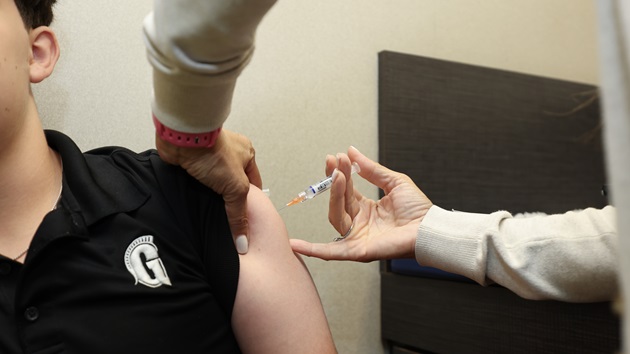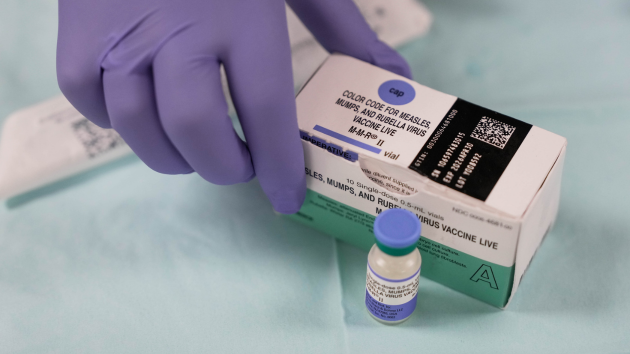Eli Lilly’s next generation weight loss drug shows promise, early trial results suggest
Written by ABC Audio ALL RIGHTS RESERVED on November 6, 2025

(NEW YORK) — Eli Lilly’s next generation of weight loss drugs appear to show promise, possibly leading to even faster weight loss and added health benefits, early trial results suggest.
The pharmaceutical company presented the results for its newer drug at the annual ObesityWeek conference on Thursday.
Known as amylin analogs, these drugs slow digestion and curb appetite, similar to the more well-known GLP-1 drugs, but act through a different hormone.
Amylin is a hormone that is co-secreted with insulin through the pancreas and helps regulate blood glucose levels, appetite and gastric emptying, which is the process of food moving from the stomach to the intestines.
These drugs can treat type 2 diabetes and obesity by imitating the body’s natural amylin.
While the effects are similar to Eli Lilly’s GLP-1 drugs, Mounjaro and Zepbound, some studies have suggested that amylin analogs may lead to a lower loss of lean muscle mess relative to fat mass.
Early trial results of Eli Lilly’s amylin analog, known as eloralintide, helped patients who were overweight or obese — with at least one pre-existing condition related to obesity and without type 2 diabetes — lose 9.5% to 20.1% of their body weight.
This was compared to patients who lost 0.4% when taking a placebo, according to the trial results, which were published in the medical journal The Lancet.
Patients who were treated with eloralintide also saw improvements in blood pressure, fat levels in the blood stream and markers of inflammation.
Eli Lilly said it will begin phase 3 clinical trials after the promising results, with the aim to enroll patients by the end of the year.
“Obesity is a complex condition, and no single treatment works for everyone. To truly address each patient’s needs, we need therapies with different mechanisms of action so that each person can receive the treatment that offers the best balance of effectiveness and tolerability for them,” Dr. Liana K. Billings, lead author of the study and director of clinical and genetics research in diabetes and cardiometabolic disease at Endeavor Health in Skokie, Illinois, said in a statement.
She added that the early trial results underscore “the potential of amylin receptor agonists to expand our therapeutic strategies and better serve individuals living with obesity.”
Eli Lilly is not the only drug company testing amylin analogs. Novo Nordisk’s version, called cagrilintide, led to about a 12% weight loss over 68 weeks in early, previously published studies.
Novo is testing a combination of cagrilintide and semaglutide — the latter of which is known under the brand name Wegovy — that produced about a 22% weight loss in people with obesity but not diabetesin a previously published, late-stage clinical trial.
Copyright © 2025, ABC Audio. All rights reserved.
 KVSP
KVSP 




